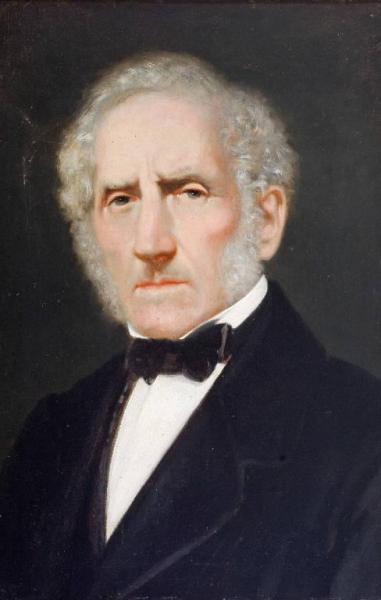The explosive aphorism “Religion is the basis of morality, principles, good customs: Jesus Christ’s wonderful mystery can calm the man’s restlessness” of the French emperor Napoleon I exiled on the Atlantic island of Santa Elena is the authentic synthesis of the complete process of conversion to Catholicism. Also writers of novels and evergreen odes despite the inexorable passage of several centuries have been reached this intimate change. The idea of Alessandro Manzoni (Milan, March 7, 1785 – May 22, 1873), heir of an aristocratic family educated at the college of Somaschi and Barnabites regular clerics, grew at the time upset from the Italian political scene marked by monarchical absolutism risen from the Congress of Vienna (1815) to bury the democratic republic of Napoleon and the rebellions exploded in the nineteenth century. The education of Manzoni, elected deputy of the Kingdom of Sardinia and senator of the Kingdom of Italy, was steeped in romance and resurgence, by his grandfather Cesare Beccaria (Milan, 15 March 1738 – 28 November 1794). The legend links the conversion of Manzoni to Catholicism at the wedding of Napoleon and Maria Luisa of Austria celebrated in the Château de Saint Cloud in Paris (1 April 1810). The disorder caused by the crowd intimidated by the festive cannonade separated Manzoni, who had taken refuge in the church of San Rocco because he was agoraphobe, from his wife Enrichetta Blondel, married in Geneva (6 February 1808): the union was sanctioned by the Calvinist ceremony appreciated by the husband inclined to Jansenism. Manzoni’s prayer to find his wife was answered out of the church: the divine intercession was a prelude to Catholicism embraced by the couple. Reality discovers the assiduous conversion for intellectuals disillusioned by science opposed to faith and Napoleon’s debacle.
